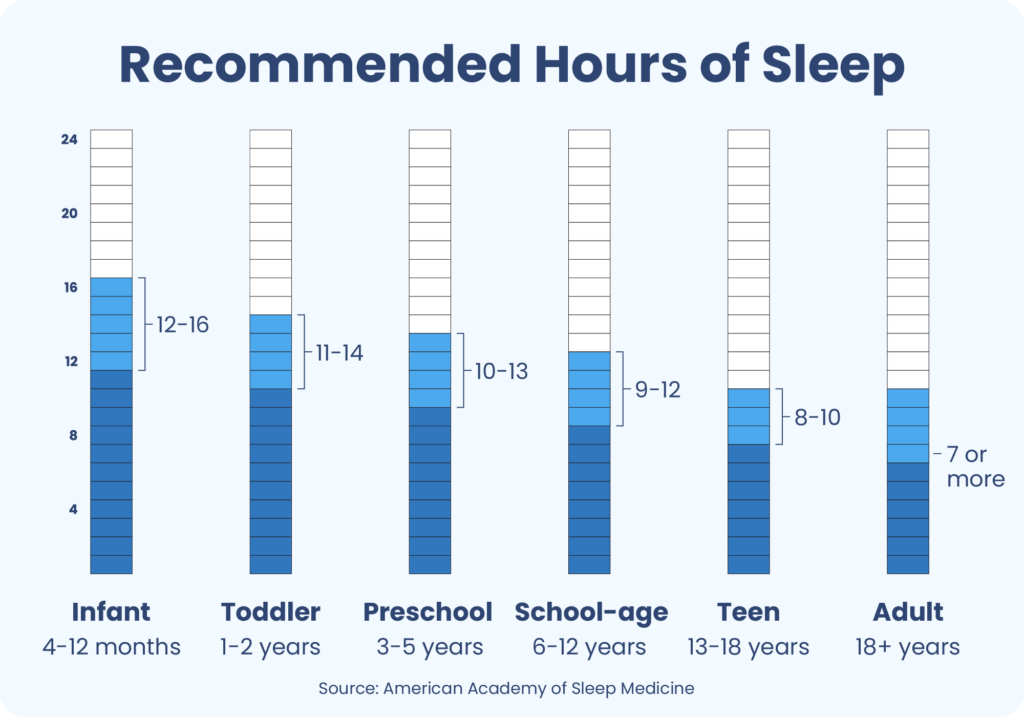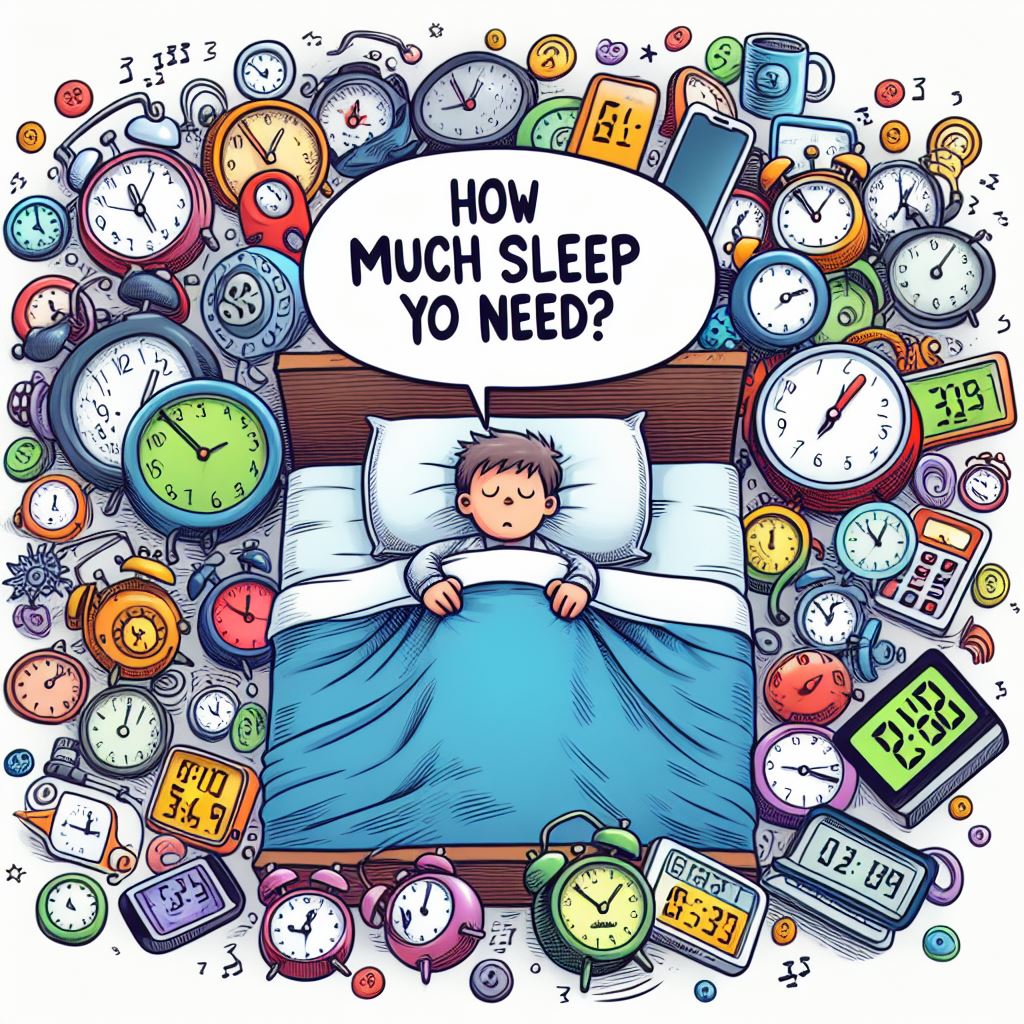How Much Sleep Is Essential per Your Age?
As a busy mom of three kids under five while building my business, I hardly woke up without feeling completely spent. No matter how early I crashed into bed, it never seemed enough sleep to tackle each demanding day with patience, creativity or focus. My mood and health clearly suffered until I finally committed educating myself around adequate sleep across life stages.
Getting sufficient, high-quality sleep each night profoundly impacts nearly all aspect of daily life. By better understanding optimal sleep ranges needed and prioritizing consistent bedtime habits, both my kids and I improved concentration, moods, immunity and overall wellness immensely.
Let’s explore the incredible difference that prioritizing healthy sleep routines makes in order to determine what duration works best per your unique age and activity levels.
Why Adequate Sleep Matters So Much
During deep REM cycles overnight, our bodies repair, restore and strengthen. Sufficient sleep duration ensures cells reliably regenerate, allowing us to wake up feeling focused and fueled by:
- Enhanced cognitive function – learning, attention, memory, creativity are all sharpened after quality sleeps that organizes synapse connections made during waking hours. Kids especially require lengthy nap supporting rapid growth phases.
- Balanced hormones – sleep loss is linked with imbalanced metabolic signals leading to unhealthy weight/blood sugar regulation and impaired immunity.
- Stabilized emotions – Nap allows the brain to process experiences and stressors into balanced memory integration. Too little sleep leaves emotional volatility unchecked.
- Increased energy – Muscles broken down through activity rebuild and recover with deep sleep’s growth hormone secretions so we feel revitalized upon waking after restorative rest.
Without reliable, ample rest bodies can’t effectively sustain health or peak performance. But how much is necessary?
Sleep Requirements Per Age
Required sleep ranges fluctuate across developmental stages from infancy into late adulthood based on varying physical/neurological growth rates.

Infants and Toddlers
Rapidly developing infants spend almost all early years sleeping given the high scale of learning and growth occurring.
- Newborns – Sleep a staggering 14-17 hours of total over each 24 hour cycle including both nighttime and distributed daytime naps. Difficult to predict or control!
- Infants – Require 12-16 hours properly developing. Patterns emerge around more extended night sleeps with 2-3 consistent naps summing 3+ hours.
- Toddlers – Need 11-14 hours daily on average, typically via 10-13 hours overnight plus 1-2 scheduled naps adding 1-3 hours usually.
In this phase, sufficient flexible nap prevents mood meltdowns and allows exploring their expanding world through alert play.
Young Children
As childhood motor skills progress, nap requirements decrease but lengthier nights continues supporting key formative changes.
- Preschoolers – Sleep needs total 10-13 hours over 24 hours. Most do not nap after age 5 but some occasionally need a 1 hour afternoon nap balancing restless energy.
- School-aged – Require about 9-12 hours nightly for optimal health and growth. Quality night time bap becomes especially key for memory consolidation crucial to classroom progress.
Teens and Adults
By mid-teen years, bodies complete their intensive developmental growth stages requiring less sleep than pediatric years.
- Most teens need around 8-10 hours, though shifts in circadian rhythms often delay sleepiness until very late. Prioritizing school night sleep prevents classroom struggles.
- Adults over 18 generally require 7-9 hours of sleep per 24 hour cycle for ideal functioning. Seniors sleepslightly in shorter fragments with declining melatonin signals.
Without sufficient recharging nap tailored to your age, resilience against stress, sickness and burnout deteriorates rapidly. Notice how you feel after restful nights!
Signs You Need More Sleep Based On Age
If not getting enough sleeps regularly for your age, scan for tell-tale symptoms:
Toddler and Child Signs
- Missed developmental milestones motor skills, speech etc
- Irrational emotional tantrums, struggles self-soothing
- Hyperactivity and difficulty concentrating in play or school
Teen and Adult Symptoms
- Daytime fatigue making focus, work/school difficult
- Compromised immunity with recurring colds
- Mentally foggy with memory/mood issues
- Cravings and weight fluctuations
Recalibrating schedules prioritizing nightly sleep minimums allows bodies to reliably restore themselves, getting you through responsibilities more easily. Evaluate your current sleeps compared to guidelines per your age bracket, then implement a consistent bedtime routine stabilizing quality and cognition. Your focused zest for life will vastly thank you!

